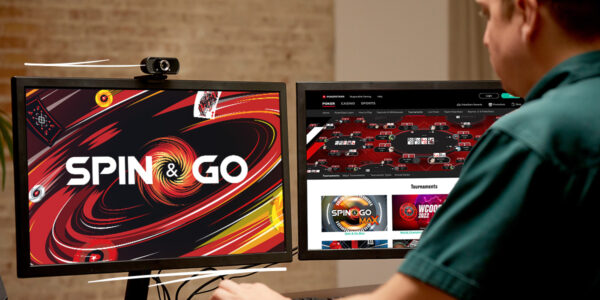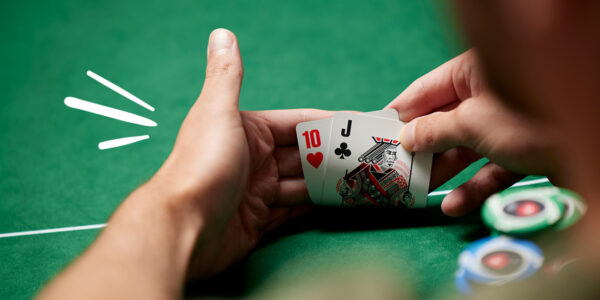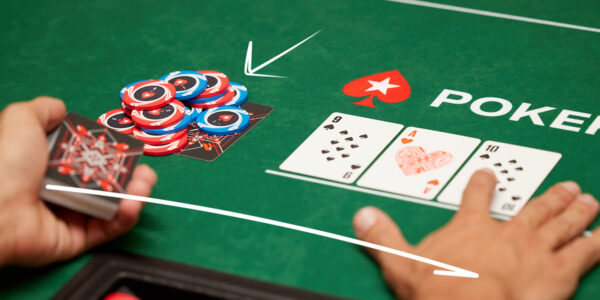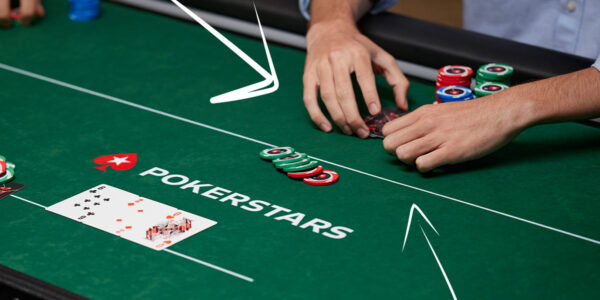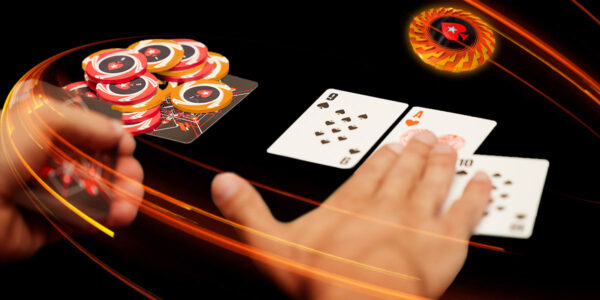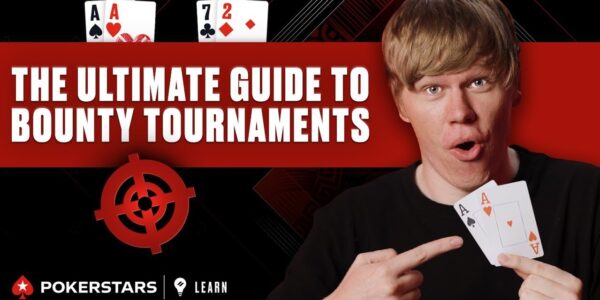Five Tips To Help You Crush Your Home Game
Where would poker be without the home game? It’s where so many poker players get their start. Playing for pennies around the kitchen table. Learning the ropes, the rules and a fair few lessons with little on the line apart from bragging rights and some loose pocket change.
It’s possibly the most fun you can have at a poker table and even when your graduate from the kitchen table to the online or bricks and mortar poker tables, there’s something magical and mystical about still being part of a regular home game. Whatever level you’re playing at, winning makes the game more fun, so even if you’re one of the more experienced or studied players in your circle of poker playing friends, we hope you find something useful in our top tips to help crush your next home game.
1. Don’t follow the crowd
Conventional poker wisdom is that you should play the opposite way to how the table is playing. If it’s too tight, loosen up and take advantage of players who are over folding. Now, we’ve never met a home game that plays that way! They’re almost always too loose, and for good reason. Folding isn’t fun. Seeing flops, turn and rivers is! This might be your one night out a week to play cards and heck, you didn’t come to play Texas Fold’em. Optimal strategy be damned, I came to play.
The play in our home game – and likely yours – is very splashy. Getting someone to fold a marginal hand pre or post flop is tougher than saying no to another slice of pizza. So, what’s the solution? Well, one is to just play that way too, the fun factor will be through the roof, even if your chip stack isn’t and it’s fine to prioritise that aspect of the night over perfect poker strategy.
Or you could tighten up. Not to the extent that you’re labelled a rock – you’ve got to give action to get action as the saying goes. But start by just adhering to one of the core principles that you already know. The power of position, so simply play fewer pots from early position. You know a raise is very unlikely to just take down the blinds and antes, so lop off the bottom of your raising range. As tempting as it is to open 7d-5d, just folding marginal hands pre-flop is going to keep you out of trouble. Online or live you might expect to go two or three ways to the flop. In home games it’s not unusual to see multiple family pots and you really want hands that can make the nuts post-flop.
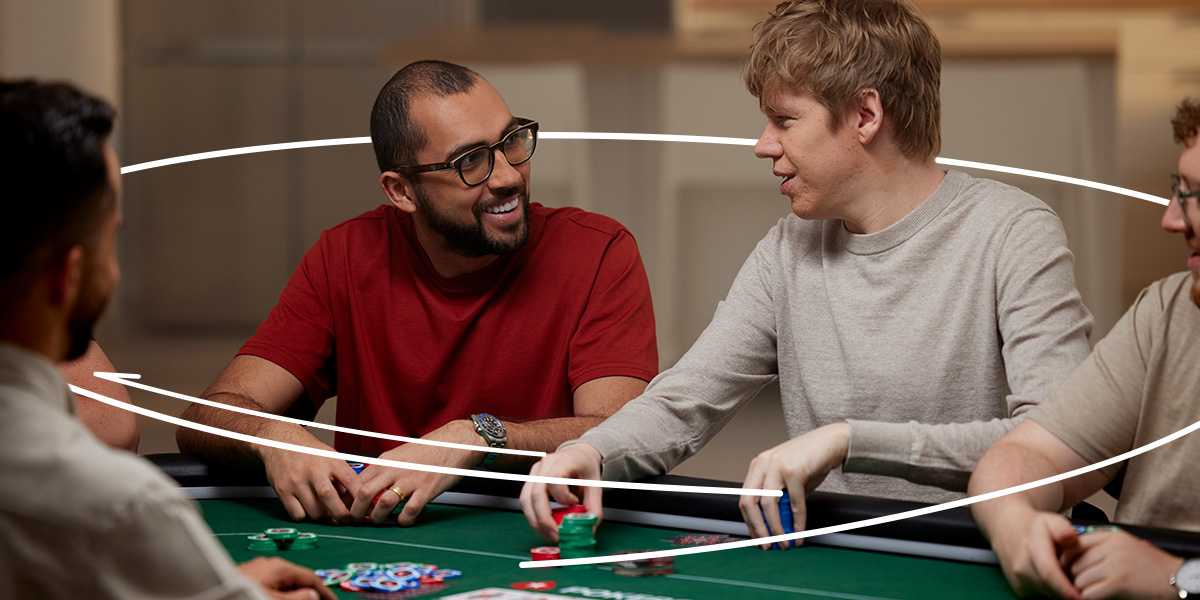

2. Don’t succumb to fancy play syndrome
Let’s reach into the box of poker cliches and pull out a couple of classics. Always bet your set and a big hand equals a big bet.
Whilst these sayings may not always be true, in a Home Game they most certainly are. As mentioned in point one, these games almost always play too loose, so when you make a big hand – or get dealt one – don’t get fancy, just work out the simplest way to make the pot as big as possible. In most situations the easiest way to do that is to bet your hand and bet big. Pete isn’t going to be put off by you betting 90% of the pot, when you would ordinarily bet 40% of the pot. He’s calling with his draw or second pair regardless of how much you bet. So, punish your opponents, betting bigger on the flop means you can bet bigger on the turn and get more value from your made hands.
3. If in doubt, don’t bluff
Bluffing your mate off a big pot is one of poker’s great joys. Getting them to lay down the best hand and then rubbing the bluff in their face as your proudly flip over complete air.
At least that how it goes in your head, reality can be a lot different. As we’ve underlined in the first two points, not a lot of folding happens in Home Games. People call too wide pre-flop, they chase draws liberally and you can often have multiple players in the pot. If that sounds a lot like your Home Game then, the way to go here is to rein in the bluffing. For example, you raise pre flop with A-K, get four callers and the flop comes Q-7-3 rainbow. It can be so tempting to throw out a c-bet here in the hope of picking up the pot. But, you’re against four opponents, the likelihood is that one of them has connected and is going to stick around. Similarly, take the same flop but you have pocket nines. In effect you’re still bluffing here if you fire out. Much better to take a free card or let someone think their seven is the best hand and call down on future streets.
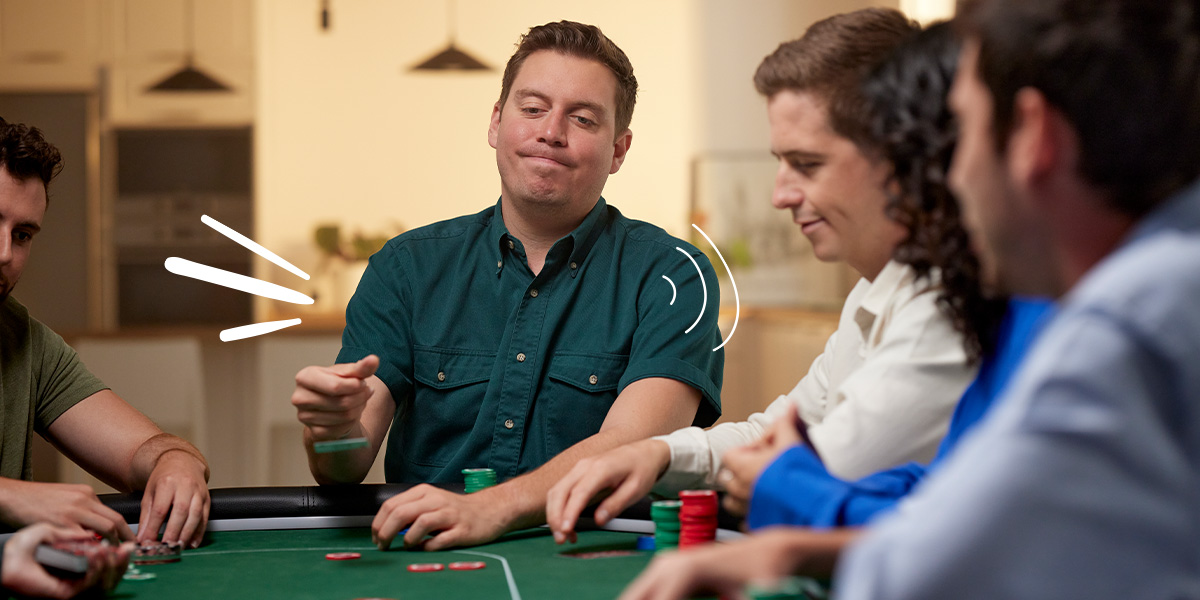

4. Play the player and the cards
If this is a regular home game that you play in with the same set of faces most weeks, then you should have some reads on your opponents and their tendencies. Not everyone plays the same every single session, but they will have tendencies and everyone will have a leak or a weakness that you can, when the time is right, exploit. If you’re reading this shaking your head, then next time you play just focus on two of your opponents and work on getting some reads, are they too loose pre-flop, but overly cautious post-flop? If so pile on the pressure down the streets. Are they the sort of player who’s going to get very sticky down the streets and never fold a pair? If so, then don’t pick that opponent to run a multi-street bluff against. It’s fine to tap the table and give up on a plan.
Of course, you yourself will have leaks and weaknesses that your opponents are trying to exploit. Know what they’re so you can disappoint them.
5. Do your homework
In our experience there are two types of home games. One is your vanilla NLHE Sit and Go or Cash Game. The other is essentially Dealer’s Choice where anything goes. Sometimes the Home Game might be a combination of the two, starting off as NLHE and then descending into Dealer’s Choice as the night progresses.
Whilst Dealer’s Choice will sometimes involve games made up on the spot – Double Flop Hold’em where you have to swap a card with the opponent on your left after the flop – there will also be wild and crazy games that have existed for years that are based on more traditional formats. For instance, Baseball is a popular variant of Seven Card Stud that you’ll find played in many a home game. If you know that players in your game have a tendency to gravitate to one or two particular variants in Dealer’s Choice, then do some homework on how best to approach those games. The other edge you can find in a Dealer’s Choice type Home Game, is when it’s your turn on the button and you get to choose the game, pick one in which position is most powerful.





